The Gordon Center for Medical Imaging hosted the Frontiers in PET/MR Symposium on March 25, 2016 at the Massachusetts General Hospital (MGH). Invited lecturers from different disciplines including radiology, physics, bio-engineering and oncology discussed challenges, opportunities, technology and clinical translation in simultaneous PET/MR imaging. The Gordon Center lectures were conducted in parallel with the Hampton Symposium 2016 thanks to the support of the Imaging Department at MGH. Presentations were delivered by guest speakers that include Dr. Craig Levin from Stanford University, Dr. Zahi A. Fayad from Icahn School of Medicine at Mount Sinai and Doctors Raymond F. Muzic Jr. and Norbert Avril from Case Western Reserve University.
Dr. Craig Levin discussed new directions for simultaneous PET/MR technology based on his lab’s latest instrumentation projects and data acquisition techniques. To illustrate his work, Dr. Levin revealed a whole body simultaneous PET/MR prototype that allows reading both PET and MR signals without interference from each other.
Dr. Raymond F. Muzic Jr. explored the challenges and opportunities of PET/MR quantitation. In order to generate accurate attenuation maps, Dr. Muzic suggested analyzing sets of MRI images from various acquisition sequences using pattern recognition software for quantitative analysis.
Dr. Zahi A. Fayad focused on the use of PET/MR in assessing coronary artery disease. Dr. Zahi and his colleagues are developing radio tracers that can help physicians provide an accurate diagnostic of atherosclerosis when used in conjunction with MR images.
Dr. Norbert Avril discussed the potential benefits of a PET/MR system from a physician perspective in cancer diagnosis and prognosis. He also raised some concerns about the cost and throughput for such imaging devices.
About the Gordon Center for Medical Imaging:
The Gordon Center for Medical Imaging at Massachusetts General Hospital and Harvard University develops new biomedical imaging technologies used in diagnosis and therapy. In addition to translational research, the Center organizes lectures and symposiums as part of its effort to inspire the public and the scientific community about the latest research topics in medical imaging.

